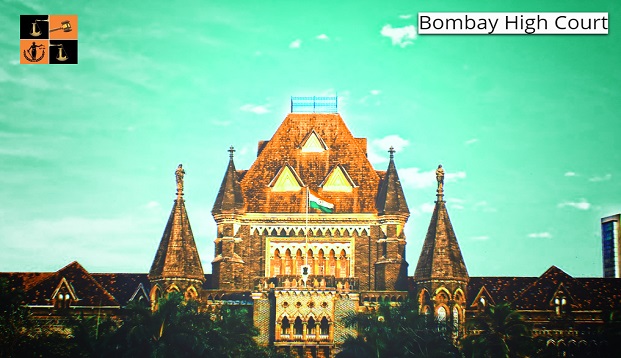The Bombay High Court, in a significant ruling, quashed a resolution passed by a Gram Panchayat directing the halt of further work on the erection of a mobile tower. The resolution was based on the objections raised by some villagers who believed that the radiation emitted by mobile towers was harmful to health and could be carcinogenic. The Division Bench of Justice Sunil B. Shukre and Justice Rajesh S. Patil found the resolution illegal and restricted the Gram Panchayat from obstructing the installation and operation of mobile towers.
Brief Facts:
The petitioner approached the Bombay High Court seeking the quashing of a resolution passed by the Respondent Gram Panchayat (Resolution No. 7) that directed the petitioner to stop the work on the erection of a mobile tower. The resolution was based on objections raised by some villagers who believed that the radiation emitted by the mobile tower was harmful to their health and could be carcinogenic. Despite being served notice twice, the respondents failed to appear in court.
Contentions of the petitioner:
The petitioner's counsel argued that the role of the Gram Panchayat was limited to issuing a No Objection Certificate (NOC) in such matters as per the Government Resolution dated 11 December 2015. The petitioner had already obtained an NOC from the Gram Panchayat for the mobile tower installation, which meant the Panchayat lost its control over the matter.
Contentions of the Respondent:
Since the matter proceeded ex-parte, no contentions were presented.
Observations by the Court:
The Court upheld the petitioner's argument that the role of the Gram Panchayat in such matters was limited to issuing a No-Objection Certificate (NOC) as per the Government Resolution (GR) dated 11-12-2015. As the Gram Panchayat had already issued an NOC in favour of the petitioner regarding the mobile tower erection, the Court ruled that the Panchayat had no authority to pass another resolution stopping the work.
Additionally, the Court examined the villagers' fear of radiation emitted by the mobile tower being harmful to health and causing cancer. Referring to the judgment in Biju K. Balan v. State of Maharashtra, the Court highlighted that there was no scientific material supporting the prohibition of mobile tower installation based on such apprehensions. The Court emphasized that jurisdiction under Article 226 of the Constitution could not be exercised based on unfounded fears unsupported by reliable scientific evidence.
The Bench also stressed that when an agency or institution seeks to deny a benefit or right to another based on special grounds, such as radiation fears, they bear a special burden of proof. In this case, the Gram Panchayat failed to discharge this burden, and thus, the resolution was deemed unsustainable in the eye of the law.
The High Court concluded by directing the Gram Panchayat not to obstruct the installation and operation of the mobile tower as long as it remained in accordance with the law.
The decision of the Court:
The petition was allowed and disposed of.
Case Name: Indus Towers Ltd., Pune v. Gram Panchayat, Chikhalhol
Coram: Hon’ble Mr. Sunil B. Shukre and Hon’ble Mr. Rajesh S. Patil.
Case No.: Writ Petition No. 15779 of 2022
Advocates of the Petitioners: Mr. A.V. Anturkar, Senior Advocate and Mr. Sugandh B. Deshmukh, Advs.
Advocates of the Respondent: None for the Respondents.
Read Judgment @LatestLaws.com
Picture Source :


























